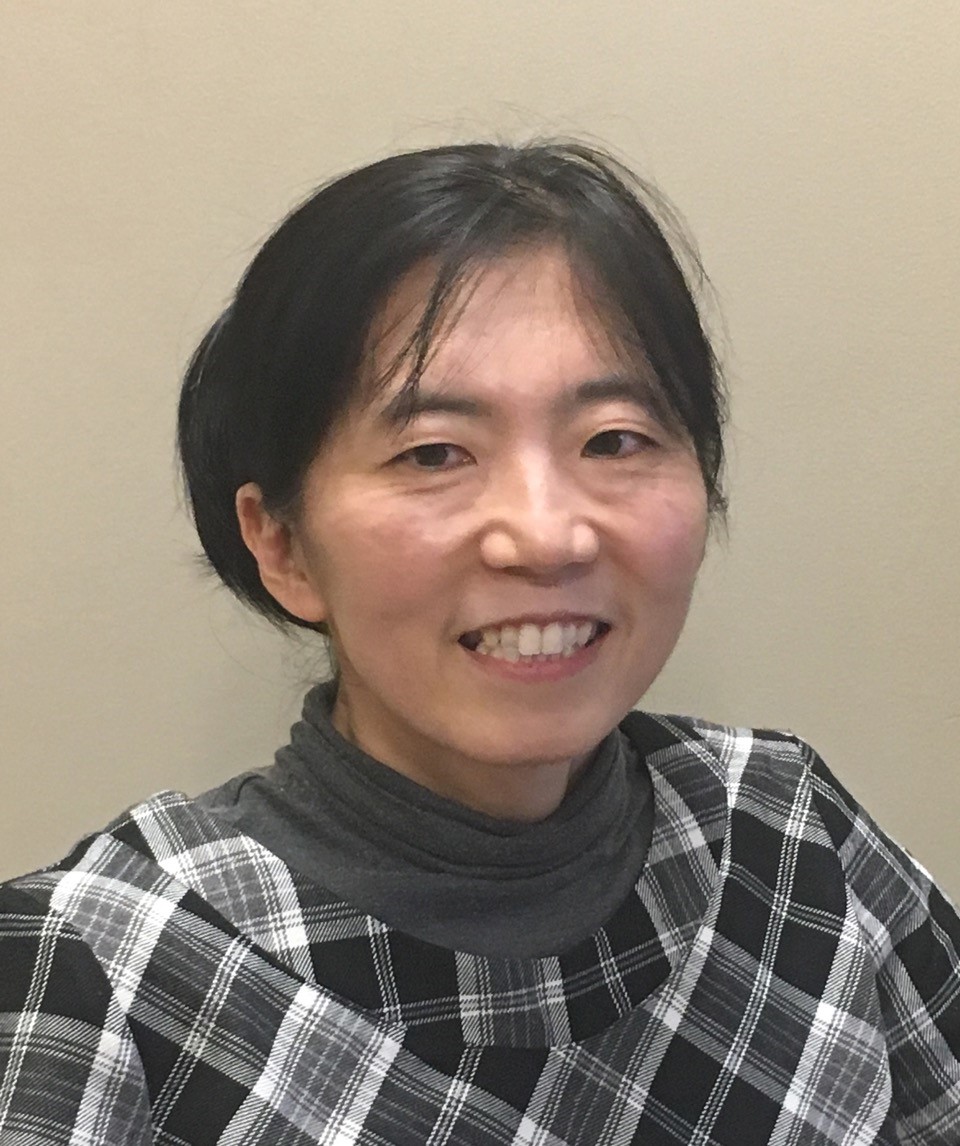Bio
Misa Kayama, PhD, MSW is an Assistant Professor of Social Work at the University of Mississippi. She received her PhD from the University of Illinois at Urbana-Champaign, and worked as a Postdoctoral Associate at the University of Minnesota, Twin Cities. Her research focuses on cultural understandings of disability and stigmatization in the U.S. and Asian countries, including Japan, South Korea, Taiwan, and India, through qualitative, ethnographic approaches and policy analyses. She is a co-author of two books, Disability, Culture and Development: A case study of Japanese children at school (Oxford University Press, 2014), and Disability, stigmatization, and children’s developing selves: Insights from educators in Japan, South Korea, Taiwan, and the U.S. (Oxford University Press, in press). Her current research includes the examination of children’s and their parents’ perspectives of disability and special education services in Japan and the U.S.

